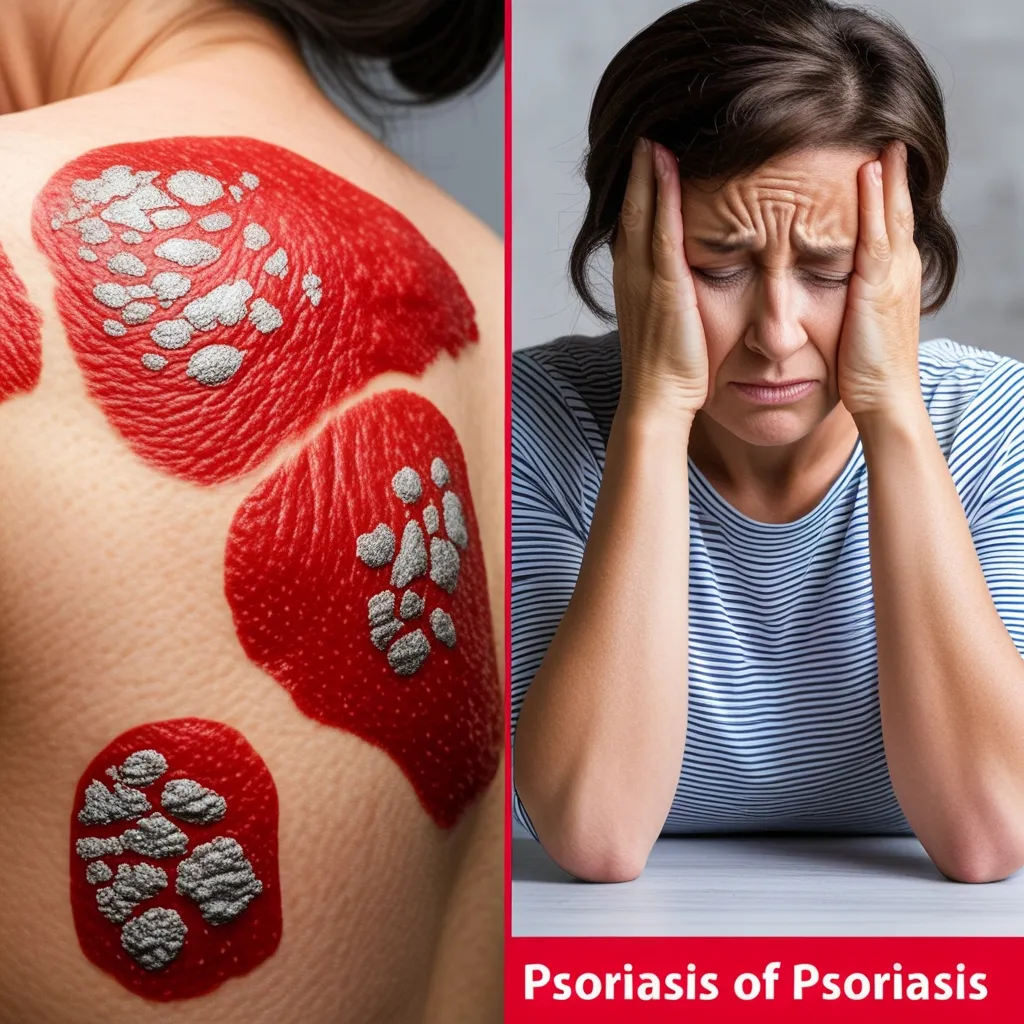Psoriasis is one of those conditions that sneaks up on you, drawing a target on your skin for all to see. It's not just a pesky rash; it's an ongoing battle played out on the canvas of your skin. Imagine your immune system getting all mixed up and attacking your own skin cells. That's psoriasis in a nutshell. This mix-up causes your skin cells to grow way too fast, leading to red, raised patches decked out in silvery scales.
We're talking about a condition that taps into the immune system big time. In psoriasis, your immune system goes on a wild goose chase against healthy skin cells. A type of immune cell known as T cells starts signaling for backup, leading to a crowd of immune cells that pump up the inflammation. Picture this: your skin cells are on a hyperdrive assembly line, maturing and piling up in a few days rather than the normal month. This hyperactivity leads to the scaly, plaque formations that scream psoriasis.
Here’s where things get a bit more varied: psoriasis isn't a one-size-fits-all kind of deal. The most common type is plaque psoriasis, manifesting as disrupted patches of red, raised skin. But it doesn’t stop there. There's guttate psoriasis, more common in kids and often showing up after a sore throat with tiny red spots. Then there's pustular psoriasis, featuring small pus-filled blisters that often camp out on your palms or soles.
Life loves to throw triggers at us, and psoriasis has its own set that can spark a flare-up. Think skin injuries like cuts or sunburn, or even infections such as strep throat. Stress is a major one. It’s like a vicious cycle: stress flares up your psoriasis, and then the visible symptoms stress you out even more. This condition doesn’t like to ride solo either, often bringing along companions like psoriatic arthritis (causing joint pain and swelling), cardiovascular issues, type 2 diabetes, and even mental health struggles like anxiety and depression. Fun, right?
Diagnosing psoriasis is often a matter of a simple skin and nail check-up, but sometimes a skin biopsy is necessary to make it official. Now, the treatment game is all about taming that inflammation beast and slowing down the skin cell production frenzy. There’s no magical cure yet, but we've got a range of approaches to keep it in check.
Topical creams are the frontline warriors, moisturizing the skin or packing steroids, vitamin D, salicylic acid, or coal tar. Light therapy, whether it's natural sunlight or ultraviolet light under a doc’s watchful eye, can also stave off the symptoms. For those really tough cases, medications like cyclosporine, methotrexate, or biotech marvels known as biologics might be the call of the day.
Living with psoriasis is like navigating a minefield of lifestyle tweaks. You’ve got to keep that skin clean and moist and steer clear of stress or skin injuries. A healthy lifestyle also goes a long way. Balanced diet and regular exercise aren’t just good for your body; they might help ease your psoriasis plight too.
Don’t underestimate the emotional and psychological fallout of those visible patches. We're talking about self-esteem and social life taking a hit. It’s crucial to reach out for support from healthcare professionals, family, and friends to get through the emotional challenges.
There’s a genetic twist too. If you find psoriasis running in the family, you’re not alone. Certain genes like those in the PSORS1 region make some folks more susceptible. These genes are like faulty blueprints, leading your immune system to turn on your own cells.
Managing psoriasis is all about a balanced routine consisting of medical treatments, lifestyle hacks, and emotional resilience. By understanding what makes psoriasis tick, you can better manage the flare-ups and snag a better quality of life. Keeping in touch with your healthcare gurus is essential for keeping your treatment plans sharp and addressing any tag-along conditions.
So, what’s the bottom line here? Psoriasis is this maddeningly complex condition that involves your immune system throwing a tantrum. While we don’t have a cure on the horizon just yet, a blend of treatments and smart lifestyle choices can keep things manageable. The key is to know what you're up against and tackle it head-on, both physically and emotionally. The journey may be long, but with the right tools and support, it’s far from impossible.
lifestyle
Decoding the Skin's Secrets: Tackling Psoriasis Head-On
Navigating the Rollercoaster of Misbehaving Immune Systems and Silvery Scales






